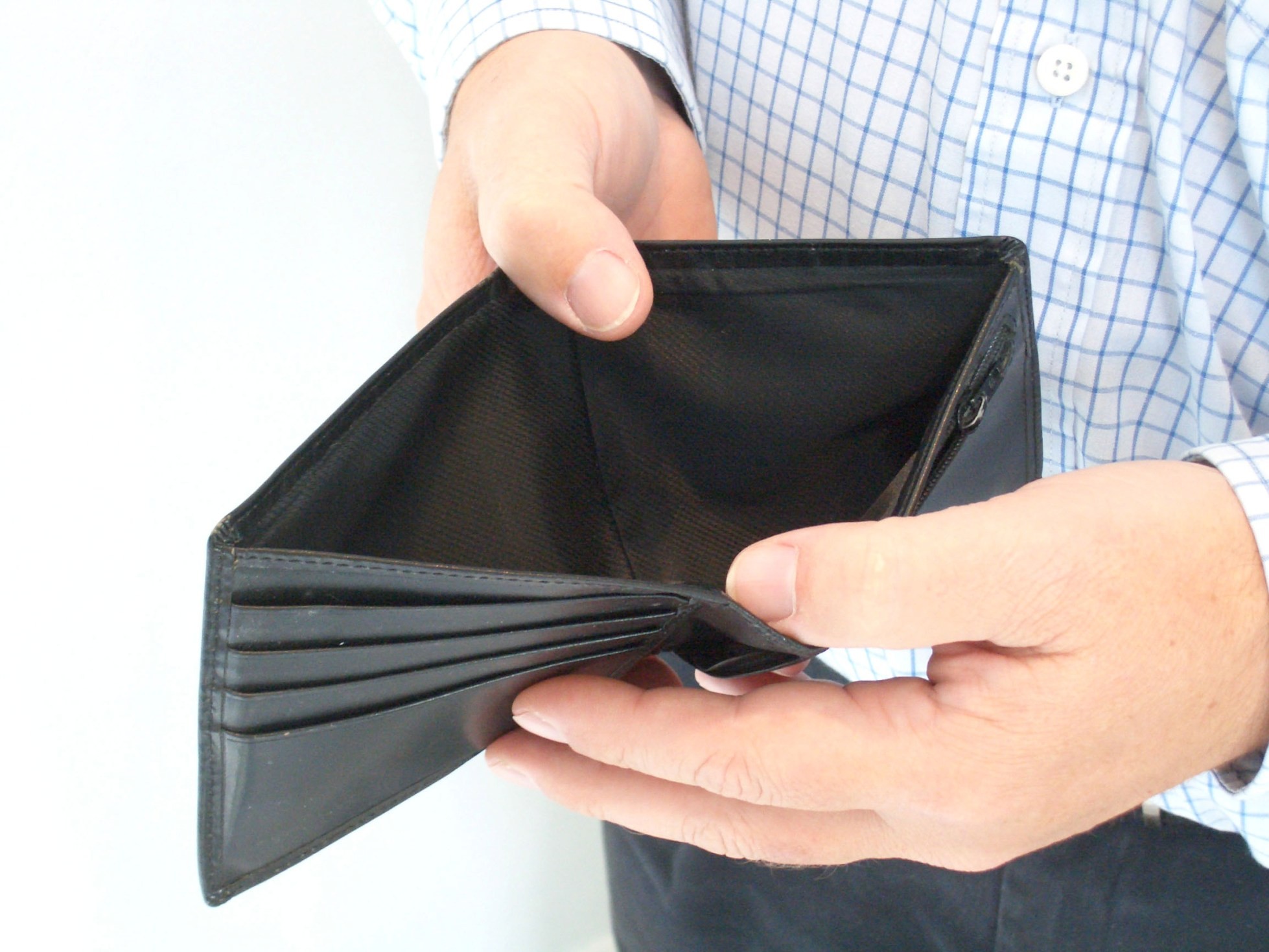
Lately, we often hear“the economy has grown”. But that does not mean that most people are better off financially, or are healthier or the environment is improved. And yet, journalists and politicians run behind that one indicator: GDP ¬¬– gross domestic product. The GDP, explains economist Mathijs Bouman in Z Today, is actually a crazy figure. It measures just what we spend to reach a certain (perceived) level of prosperity. “The level of wealth itself is not measured.”
It Is Worse than We Thought
Whether we are happier or can spend more on our shopping, or whether thecountry is safer… these are not included in that general image of economic growth. Economists, therefore, have developed a new “prosperity indicator” – a new way to measure how we stand, if you consider more elements: such as work, education and purchasing power.
The result is that we are a lot worse than we thought, due to work, home, happiness, community, and institutions. Since 2003, we work less and the work became more flexible, we are less satisfied with our house, we are a little less happy, we see our friends less and the institutions have deteriorated. Meanwhile, factors such as education, disposable income, or improved environmental, health and safety standards have improved.
Progress Is Subjective
Every Dutchman has a different opinion on what is important. One may consider the environment to be an important factor, while the other may consider education equally important. Economists chose a weighting that matches earlier research from OECD. “But you actually make it good for everyone with such an instrument”, Bouman concludes. “It is also subjective. But GDP isalso not an ideal measurement”.
Source: http://www.rtlnieuws.nl
